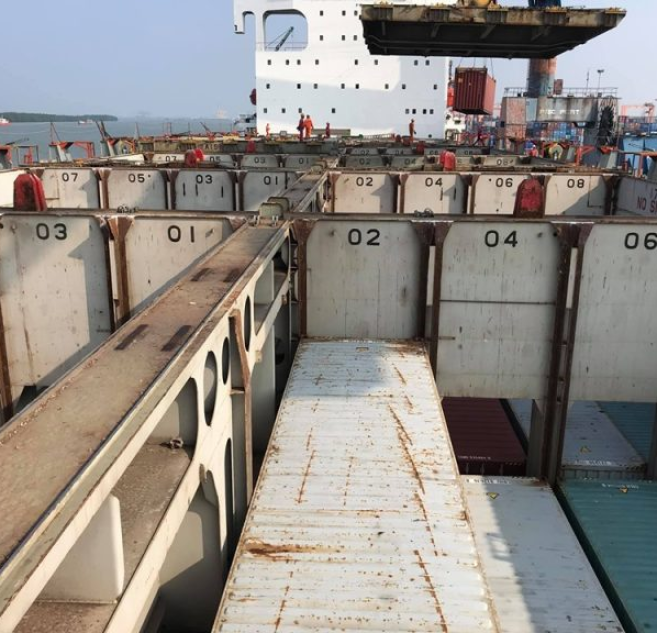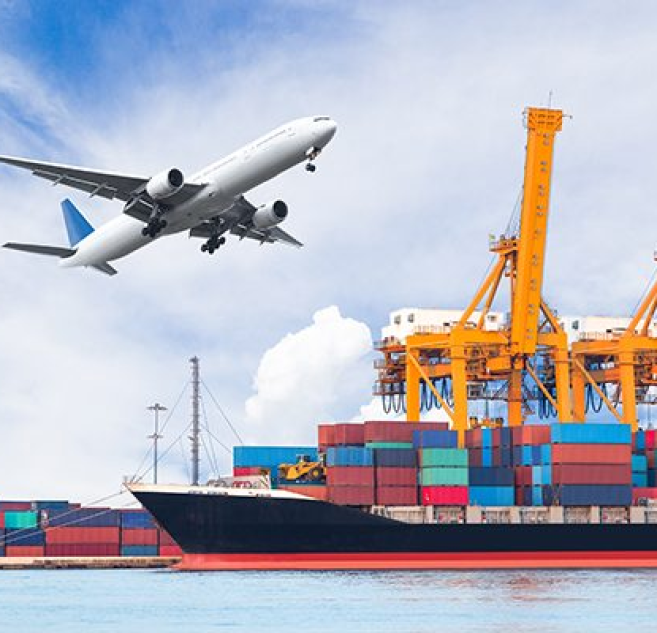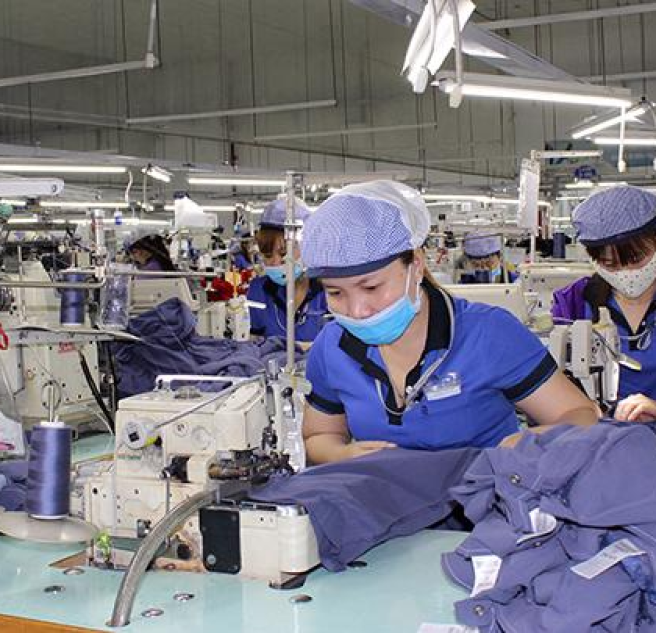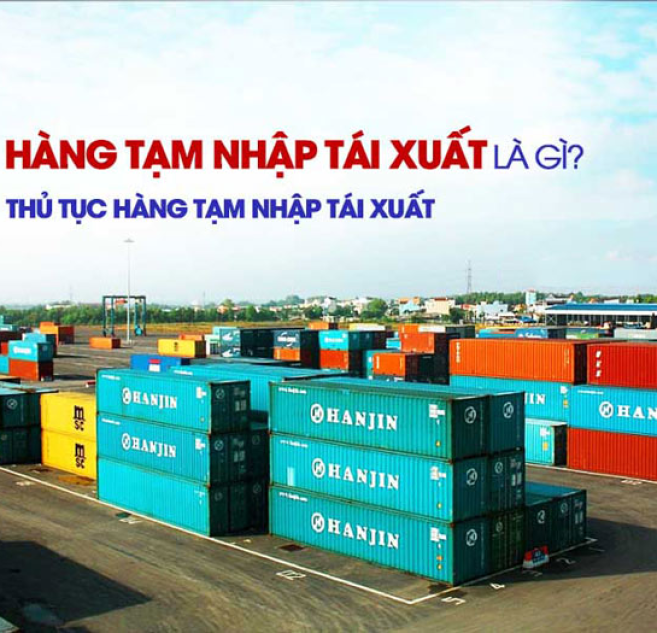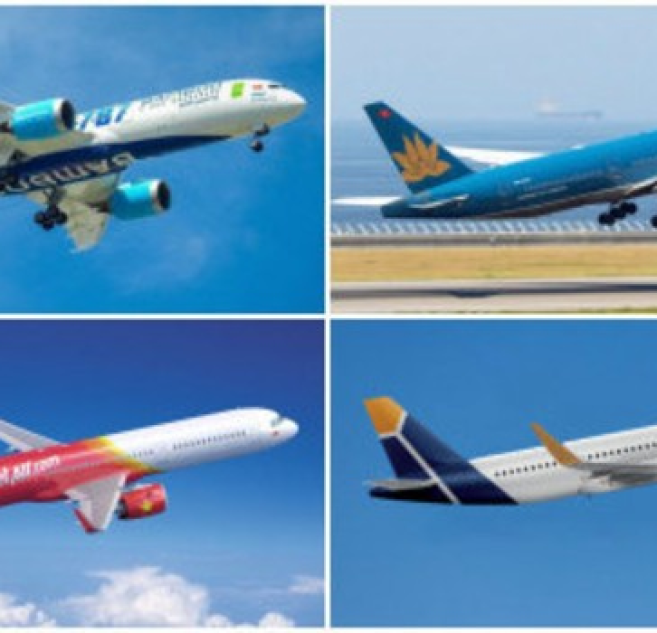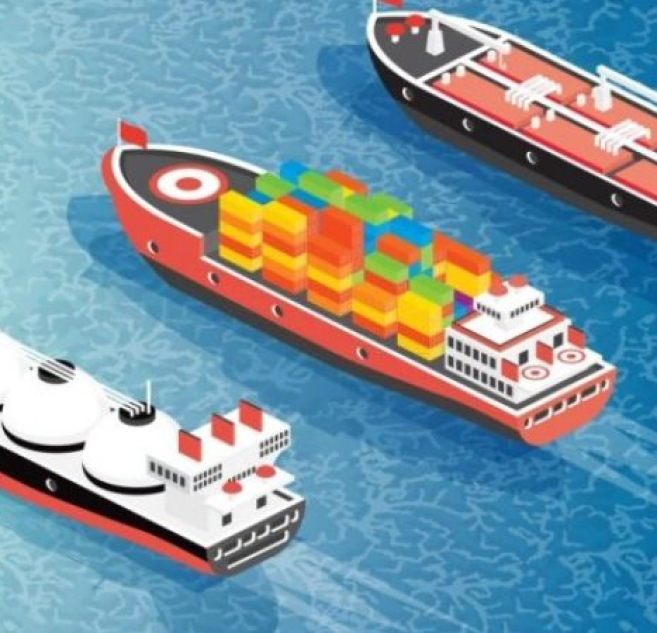Top 1 – Mediterranean Shipping Company SA (MSC)

MSC – The Giant of the Global Shipping Industry
Mediterranean Shipping Company SA (MSC), one of the most powerful names in the maritime transport industry, was founded by Gianluigi Aponte in Italy in 1970. Since 1978, MSC's headquarters has been located in Geneva, Switzerland, and the company remains owned by the Aponte family.
As of July 2024, MSC has officially become the world's largest shipping company, not only leading in terms of fleet size but also controlling 20% of the total global container capacity.
In March 2023, MSC set two consecutive records with the world's largest container ships: MSC Tessa (24,116 TEU) was launched on March 10, and just three days later, MSC Irina (24,345 TEU) further enhanced the company's fleet's strength.
Currently, MSC operates 846 vessels, with a total capacity surpassing 6 million TEU, solidifying its dominant position in the global shipping industry.
Top 2 – Maersk Line
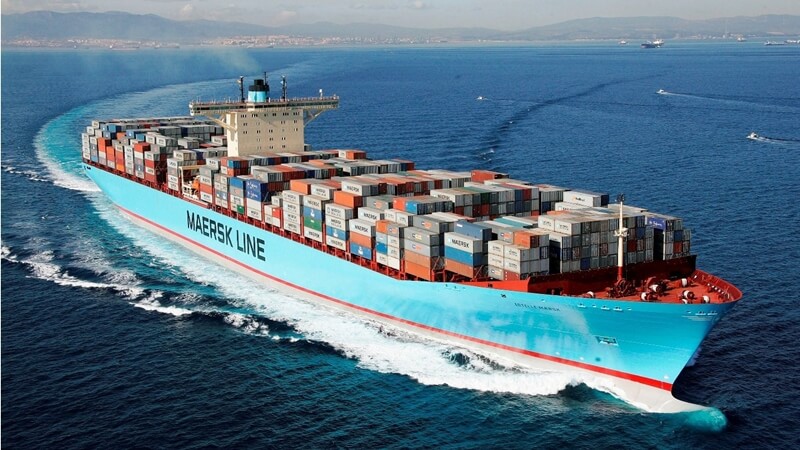
Maersk Line – The Titan of the Global Container Shipping Industry
As Denmark's leading container shipping company, Maersk Line is a subsidiary of the Maersk Group, one of Denmark's largest multinational conglomerates. Established in 1928, Maersk Line is currently the second-largest container shipping company in the world, offering services to 374 ports across 116 countries.
In 2019, Maersk Line had a robust workforce of 83,625 employees, including 18,398 crew members directly operating vessels and 65,227 employees handling operations at offices and ports globally.
By 2024, Maersk Line maintains a market share of 14.6%, operating more than 713 vessels with a total capacity of 4.3 million TEU, making a significant contribution to international trade flows.
Top 3 – CMA-CGM
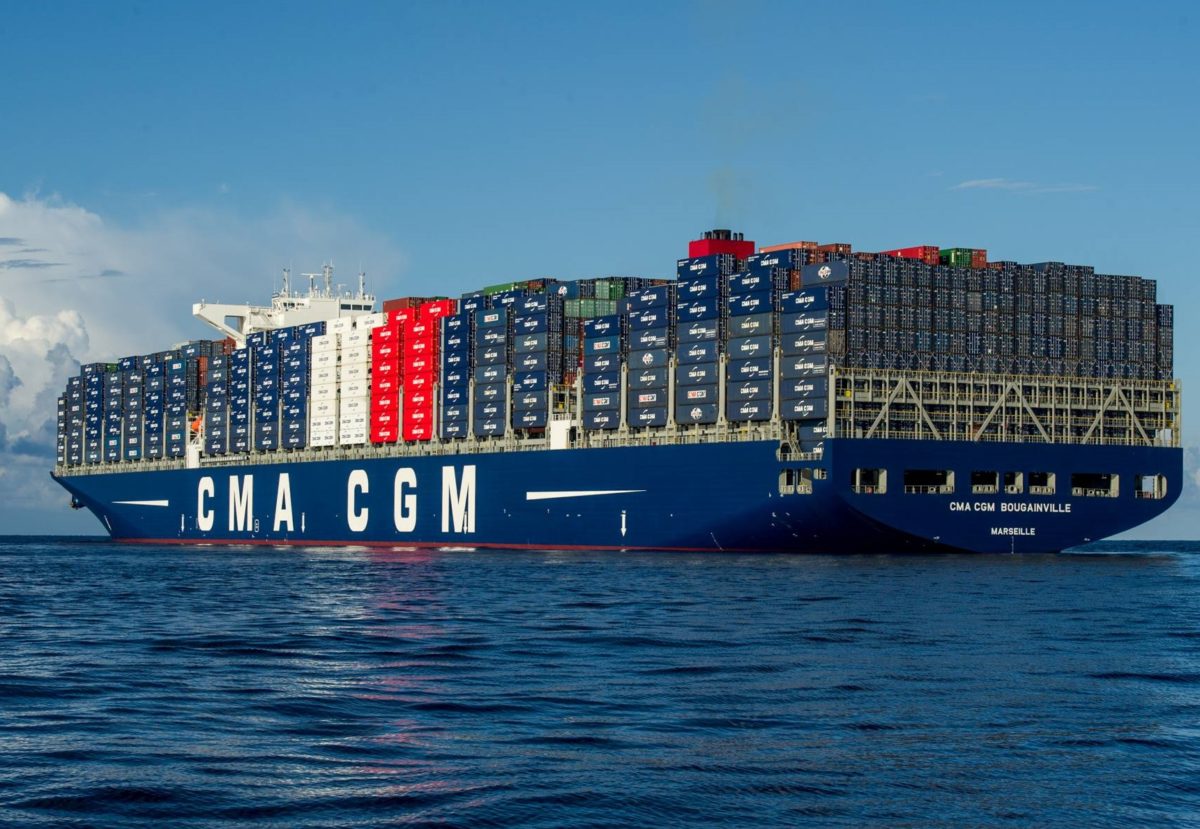
CMA CGM S.A. is France's leading container shipping group, established in 1978. It is not only the largest shipping company in France but also the third-largest globally in the container shipping industry. With 257 shipping routes connecting 420 ports in 160 countries, CMA CGM plays a vital role in the global supply chain.
As of 2024, CMA CGM holds a 12.5% market share, operating 646 vessels with a total capacity of 3.7 million TEU, continuing to cement its position in the competitive maritime sector.
Top 4 – COSCO
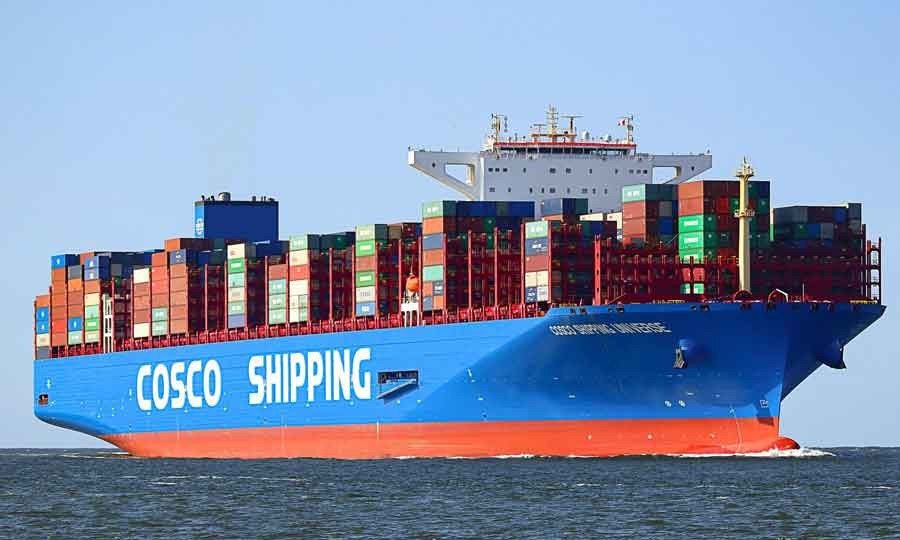
COSCO Group, China’s state-owned shipping and logistics giant, is one of the largest and most influential shipping groups in the world. Headquartered at Ocean Plaza in Beijing, COSCO plays a crucial role in the global supply chain.
In addition to its strength in container shipping, COSCO is also a global leader in bulk and dry cargo transport, particularly agricultural commodities.
By 2024, COSCO is the fourth-largest shipping company in the world, commanding a 10.8% market share, operating 507 vessels with a total capacity of 3.2 million TEU, further expanding its influence in the global logistics market.
Top 5 – Hapag-Lloyd
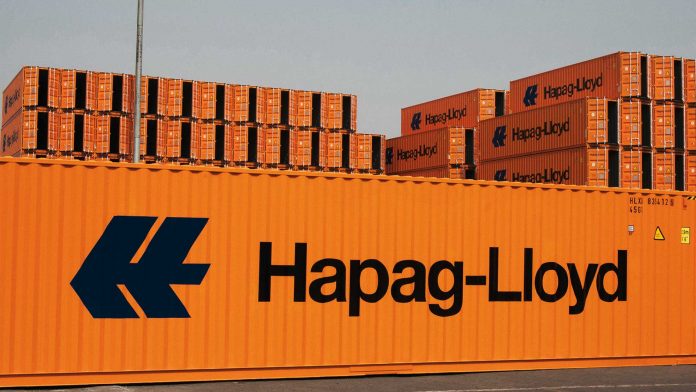
Hapag-Lloyd AG is the largest container shipping company in Germany and the fifth-largest globally, with a 7% share of the global maritime transport market.
Founded in 1970, the company operates 287 vessels with a total capacity of 2.1 million TEU and employs 14,300 staff across 400 offices in 137 countries.
Shipping Alliance Changes from 2025

The global shipping industry is about to witness a major shift as the 2M Alliance between MSC (the world’s largest shipping company) and Maersk (the second-largest) will officially end in 2025. This marks the beginning of a major restructuring in the global container shipping market.
- Ocean Alliance (CMA CGM, COSCO, Evergreen, OOCL) will become the largest alliance with 29.1% market share, assuming the current structure remains intact.
- Gemini Cooperation, the new alliance between Maersk and Hapag Lloyd, will launch in February 2025 and claim 21.6% of the market share, making it the second-largest global alliance.
- The Premier Alliance (ONE, YML, HMM) will see its market share drop to 11.6%.
Notably, MSC – the largest shipping company in the world – will continue its independent strategy while maintaining 19.9% of the global market share, showcasing its exceptional strength.
Additionally, non-allied shipping companies, including ZIM (with a 2.3% market share), will bring the total market share of this group to 17.8%.
The maritime industry is entering a phase of reshaping, promising fierce competition in the global logistics sector.

